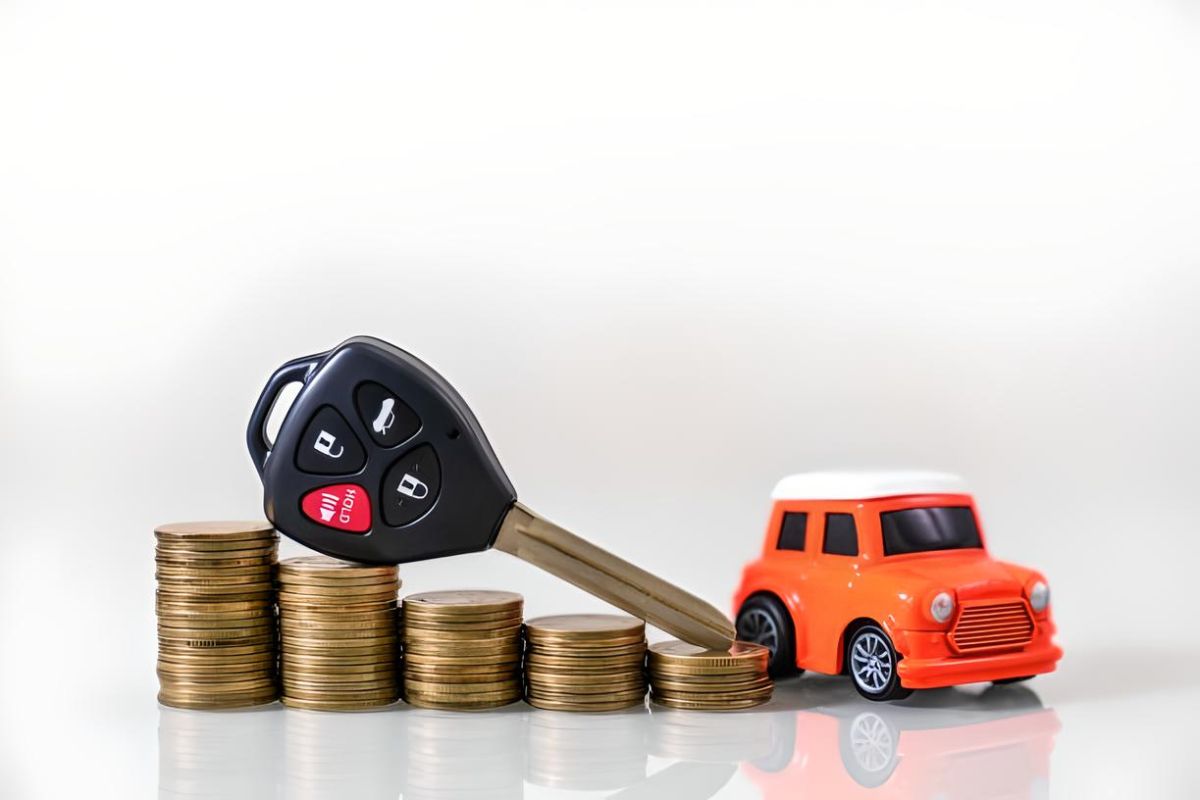Singapore’s unique approach to car ownership, governed by the Certificate of Entitlement (COE) system, sets it apart as one of the most expensive places in the world to own a car. The COE is a necessary permit that allows individuals to own and operate a vehicle for 10 years. However, acquiring a COE is just one part of the financial equation in car ownership. The high cost of COE, coupled with other associated fees, often necessitates financial planning and the use of COE loans. This article delves into the financial side of COE, including the costs involved, financing options, and the implications for potential car owners in Singapore.

Understanding the Financial Commitment of the COE
The COE system was established to control the number of vehicles on Singapore’s limited road space. It requires potential car owners to bid for a COE, with the price determined by a competitive auction process. The cost of a COE can range from tens of thousands to over a hundred thousand Singapore dollars, depending on demand and market conditions. This cost is in addition to the price of the car itself, making car ownership a significant financial commitment.
The COE loan in Singapore must be paid in full upon securing a successful bid. For many, this means that a substantial amount of capital must be readily available. However, given the high prices often associated with COEs, many Singaporeans turn to COE loans to finance this major expense.
COE Loans: Financing the COE Cost
A COE loan is a type of car loan specifically designed to help buyers finance the cost of their COE. These loans can cover up to 100% of the COE amount, making it easier for buyers to manage the upfront costs of car ownership. Here’s how COE loans typically work:
- Loan Amount: The loan can cover the full COE amount or a portion of it, depending on the borrower’s financial situation and the lender’s policies. Some buyers may choose to finance both the COE and the car purchase through a combined loan.
- Loan Tenure: COE loans usually have a tenure ranging from 1 to 10 years. The tenure can be aligned with the duration of the COE, allowing borrowers to spread the cost over the life of the COE.
- Interest Rates: The interest rates on COE loans vary depending on the lender, the borrower’s credit profile, and market conditions. Typically, these rates are lower than those for unsecured personal loans but may still add a significant amount to the total cost of the COE.
- Monthly Repayments: Borrowers are required to make monthly repayments, which include both the principal amount and interest. It’s crucial to calculate these repayments to ensure they fit within your budget.
- Down Payment: Some COE loans may require a down payment, which reduces the total loan amount and the monthly repayment burden.
- Eligibility Criteria: To qualify for a COE loan, borrowers must meet certain criteria, including a minimum income level and a good credit score. Lenders will also assess the borrower’s debt-to-income ratio to ensure they can manage the loan repayments.
Balancing COE Loans with Other Car Ownership Costs
While COE loans can make the high cost of a COE more manageable, it’s important to remember that they are only part of the overall cost of car ownership in Singapore. Other significant expenses include:
- Car Loan: In addition to the COE loan, most buyers will also need to finance the purchase of the car itself. Car loans typically have their own set of interest rates and repayment terms, which must be factored into the total monthly financial commitment.
- Additional Registration Fee (ARF): The ARF is a tax based on the Open Market Value (OMV) of the car. It is a one-time fee but can be substantial, especially for high-end vehicles.
- Road Tax: Road tax is an annual expense that varies depending on the car’s engine capacity. It’s another ongoing cost that car owners must budget for.
- Insurance: Mandatory motor insurance is another significant cost, and premiums can be high depending on the vehicle and driver’s profile.
- Maintenance and Running Costs: Regular maintenance, fuel, and other running costs can add up over time, further increasing the financial burden of car ownership.
- Depreciation: Cars in Singapore depreciate quickly due to the high initial costs, including the COE. Depreciation is a key factor to consider, especially if you plan to sell the car before the COE expires.
Impact of COE Prices on Car Ownership Affordability
COE prices are highly variable, influenced by factors such as the number of COEs available, economic conditions, and changes in government policies. During periods of high demand, COE prices can spike, making car ownership significantly more expensive.
These fluctuations can have a direct impact on the affordability of car ownership. When COE prices are high, the overall cost of owning a car increases, which in turn drives up the demand for COE loans. Conversely, when COE prices fall, the demand for these loans may decrease, but the financial burden remains substantial due to the other associated costs.
Renewing a COE: Financial Considerations
At the end of the 10-year COE period, car owners must decide whether to renew their COE or deregister their vehicle. Renewing a COE involves paying the Prevailing Quota Premium (PQP), which is the moving average of the COE prices over the past three months. Renewing for another 10 years is more cost-effective in the long run, but it also means committing to another significant financial outlay.
For those considering renewal, it’s important to evaluate the car’s condition, the potential depreciation, and the financial implications of taking out another COE loan if necessary. Some car owners opt to renew their COE for only 5 years, which reduces the upfront cost but limits future renewal options.
Financial Planning for COE and Car Ownership
Given the high costs associated with COE and car ownership in Singapore, careful financial planning is essential. Prospective car owners should consider the following:
- Budgeting: Before purchasing a car, it’s important to calculate all associated costs, including the COE, car loan, ARF, road tax, insurance, and maintenance. Ensure that these costs fit within your monthly budget without overextending your finances.
- Loan Comparison: Shop around for the best COE loan deals. Compare interest rates, loan tenures, and other terms from different lenders to find the most favorable option.
- Credit Management: Maintain a good credit score to qualify for lower interest rates on COE loans. Avoid taking on excessive debt that could impact your ability to make timely repayments.
- Long-Term Considerations: Consider the long-term financial implications of car ownership, including the potential for rising COE prices, changes in government policies, and the depreciation of your vehicle.
Conclusion
The financial landscape of car ownership in Singapore is complex, with the COE playing a central role in determining costs. COE loans provide a means for individuals to manage the high upfront cost of acquiring a COE, but they also add to the overall financial commitment of car ownership. Understanding the full range of expenses, from the COE and car loans to ongoing maintenance and insurance, is crucial for making informed decisions. For those committed to owning a car in Singapore, careful financial planning and a thorough understanding of the COE system are essential to navigating the associated costs effectively.










